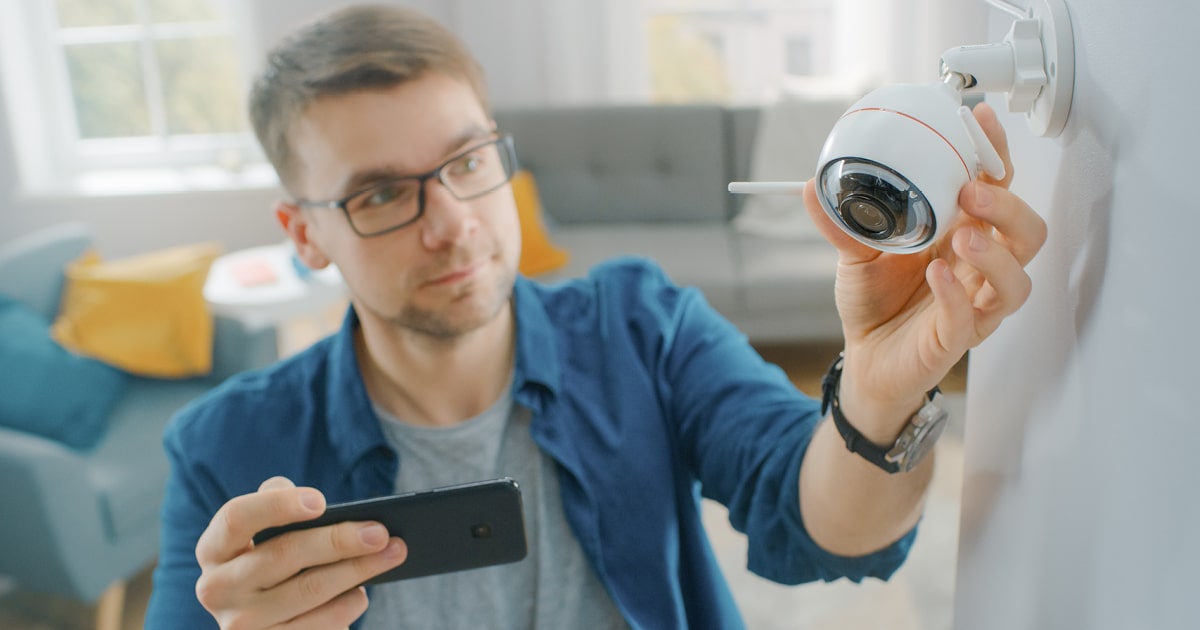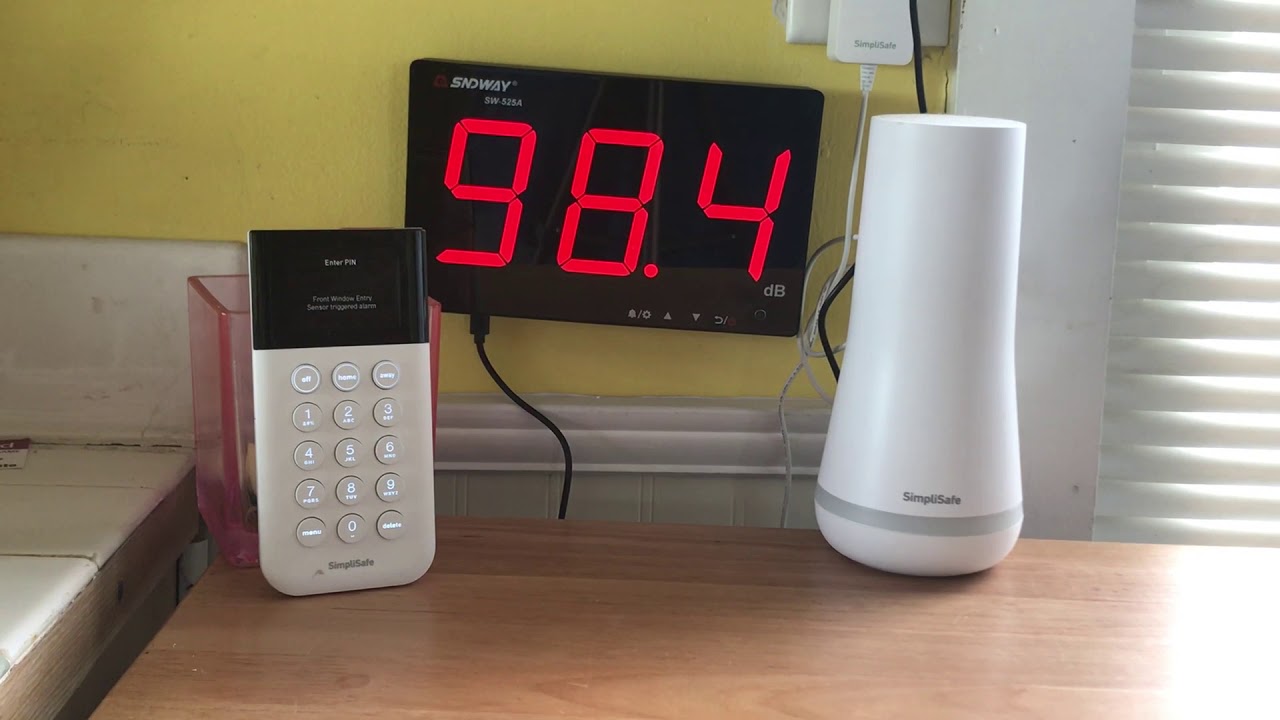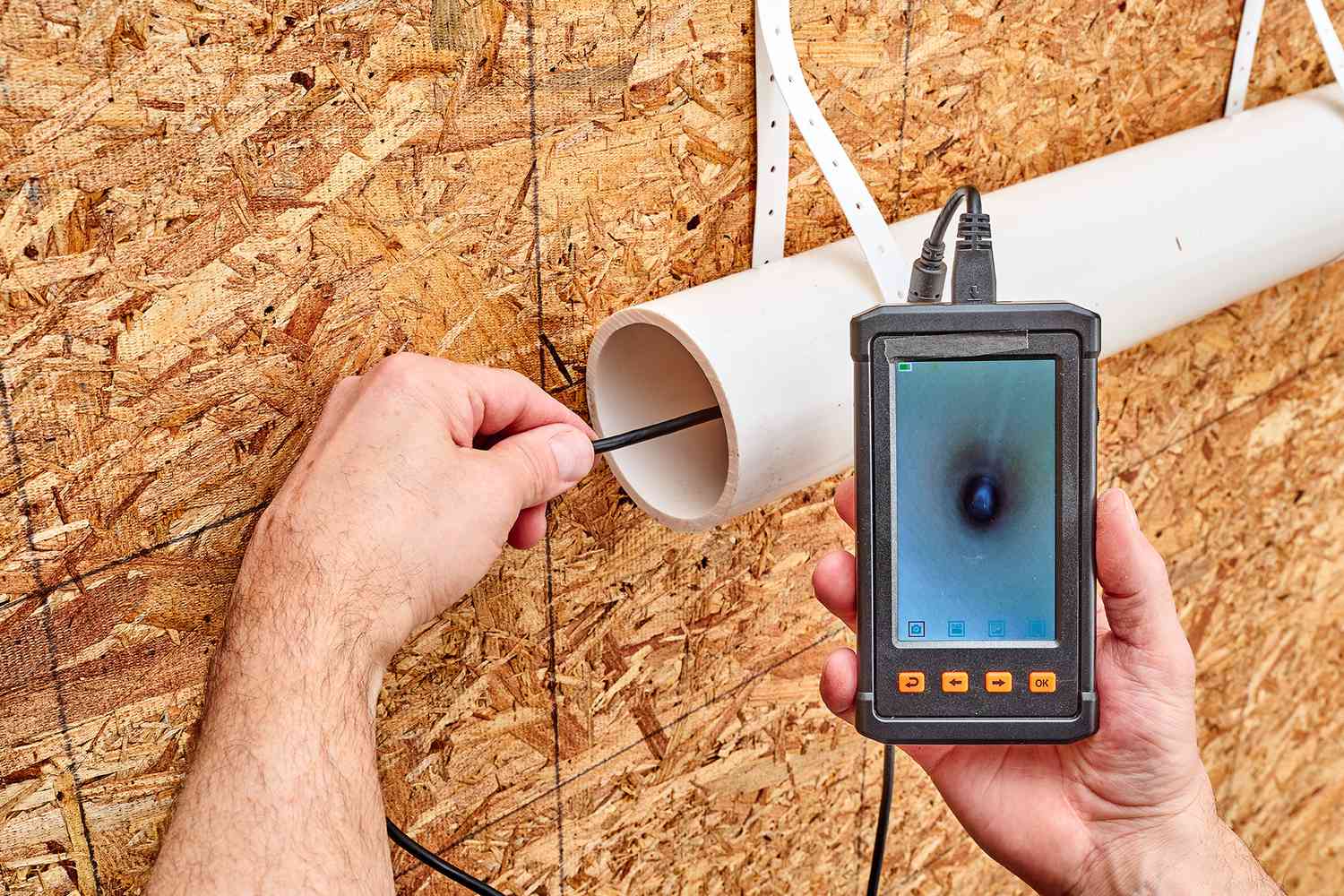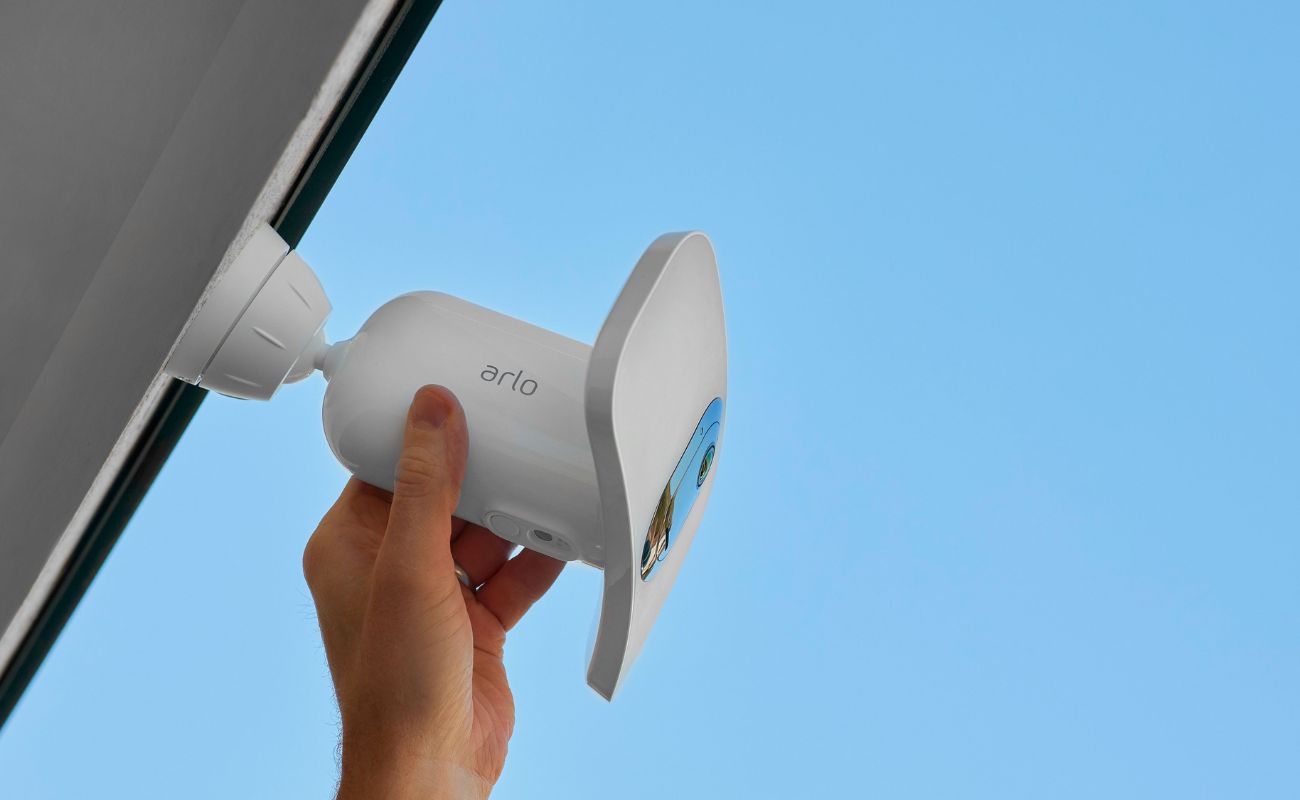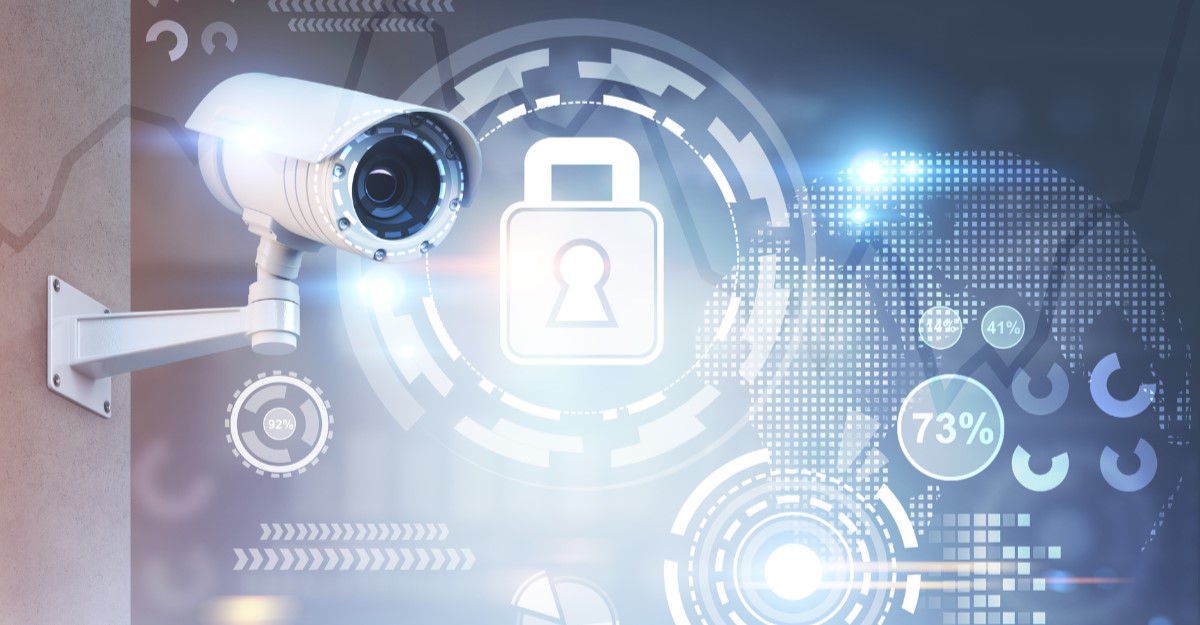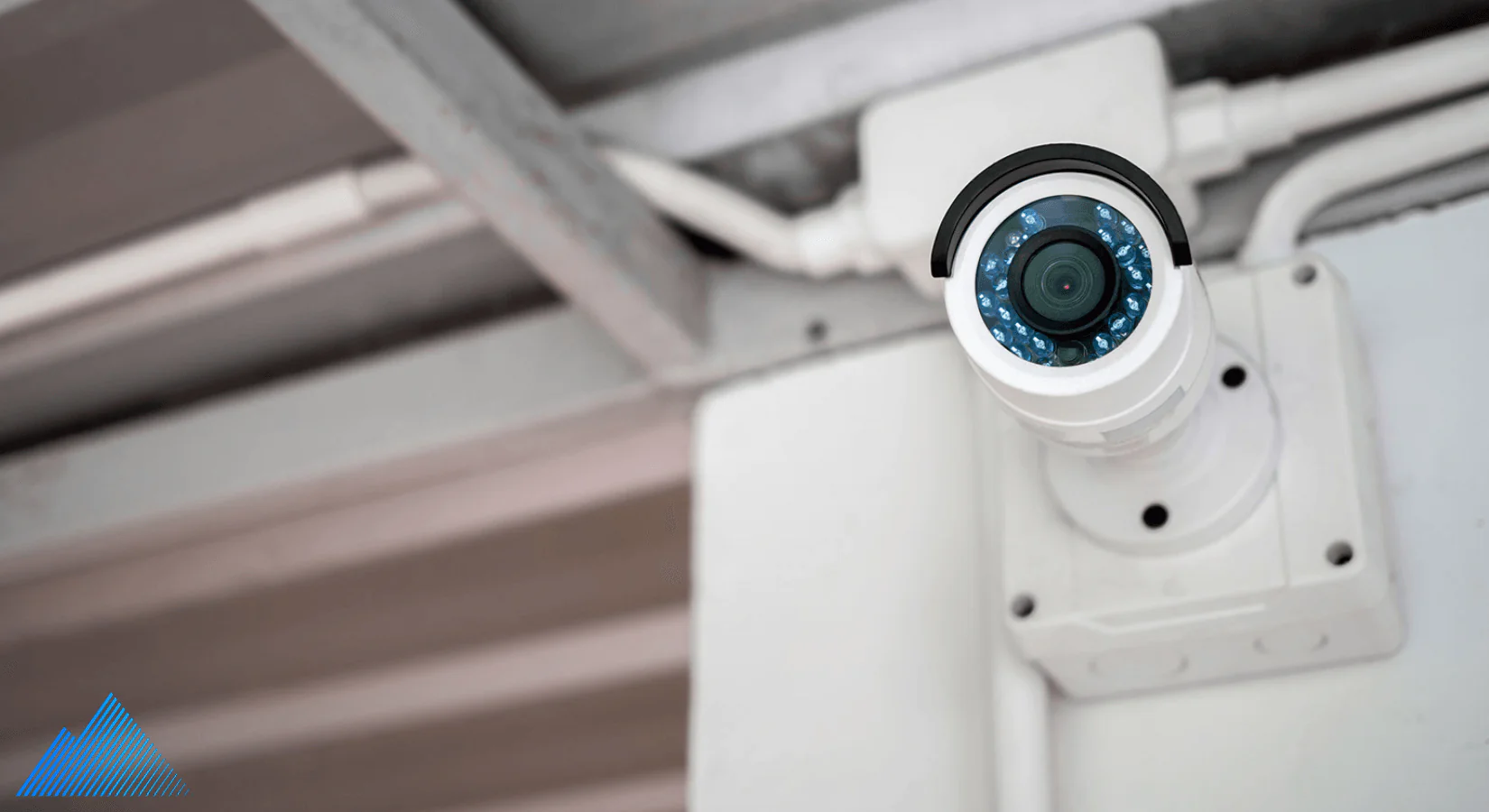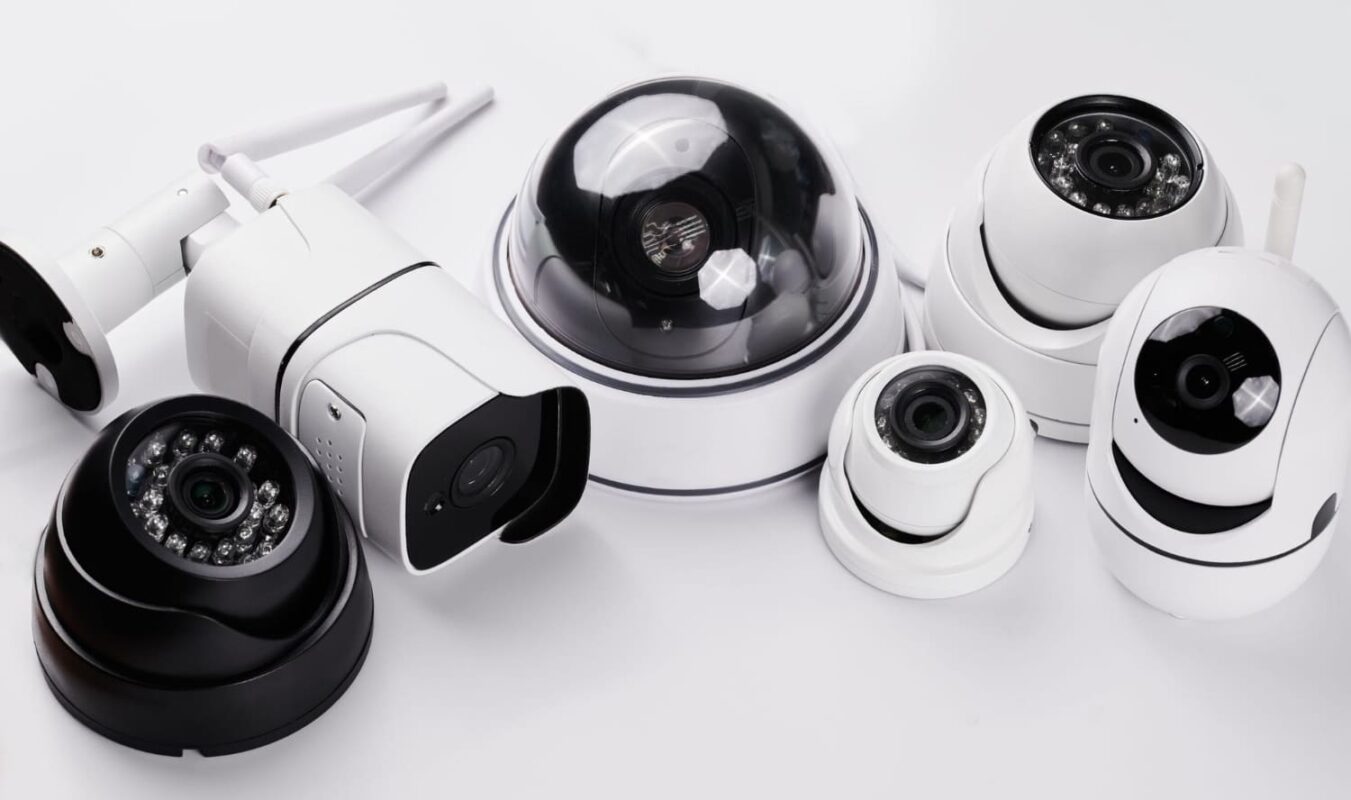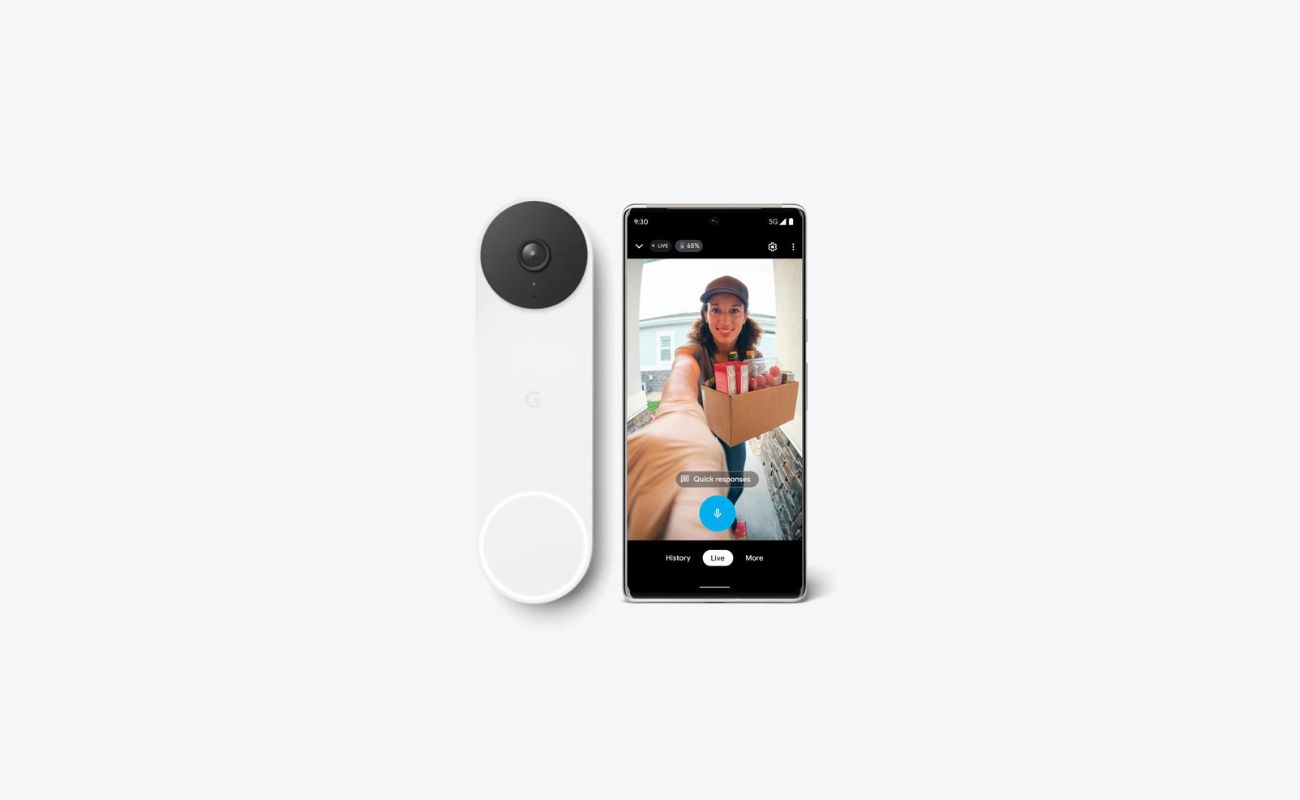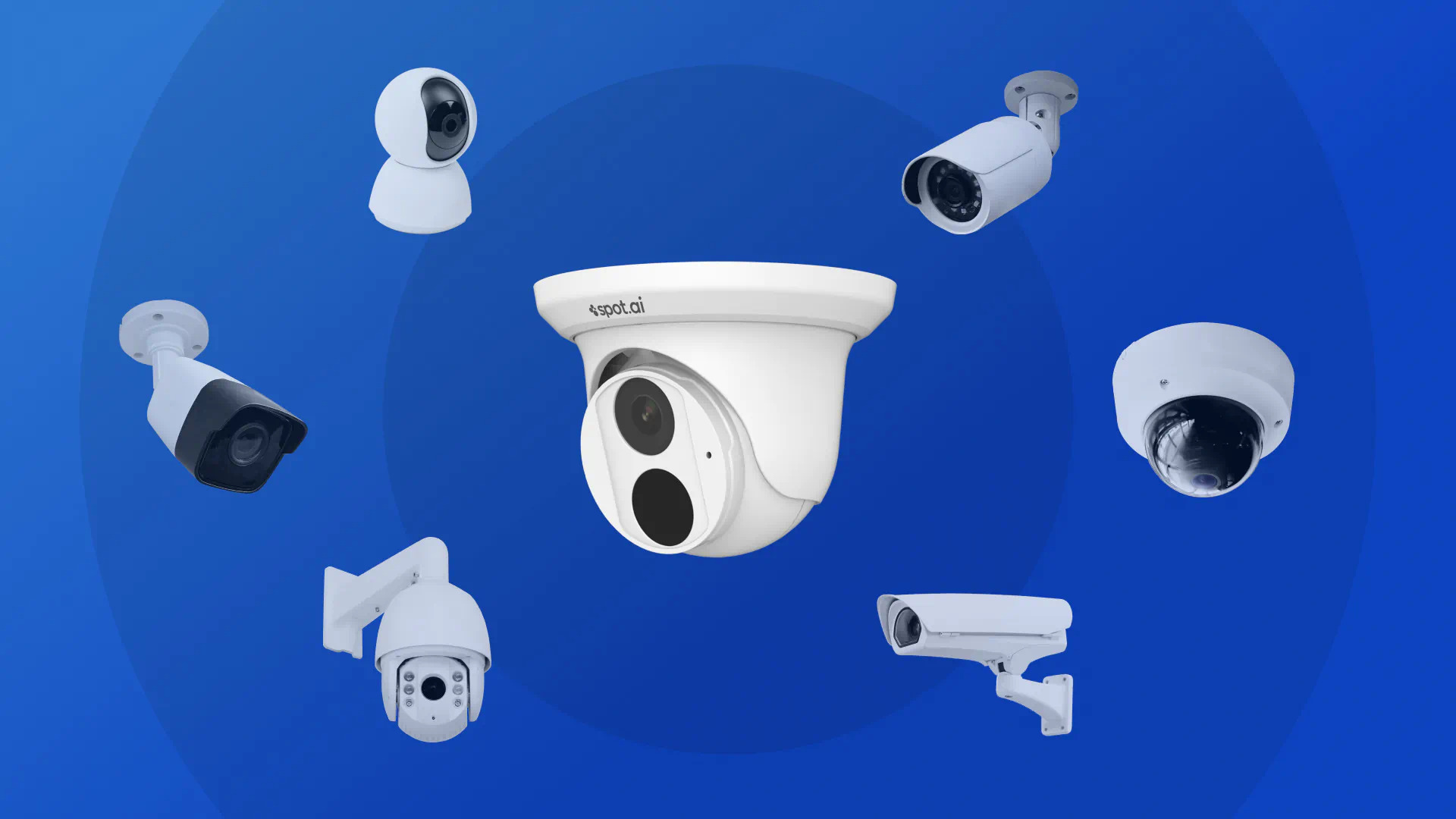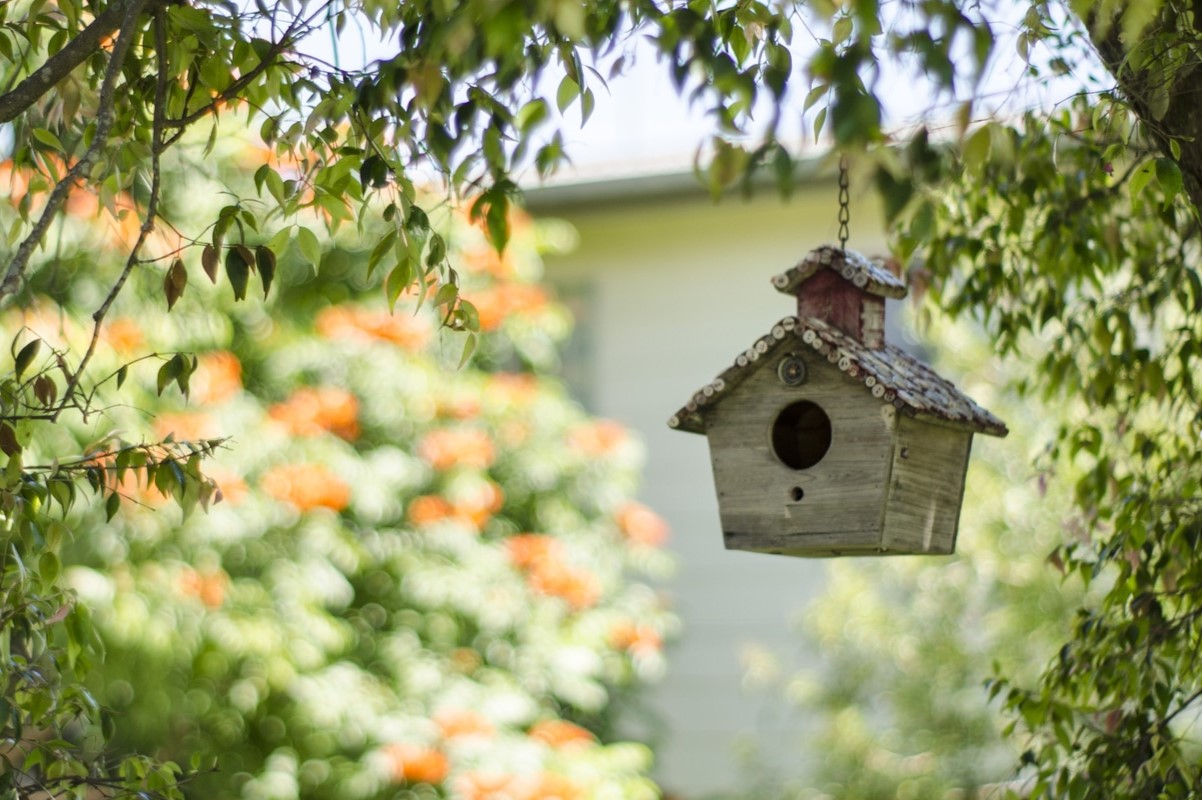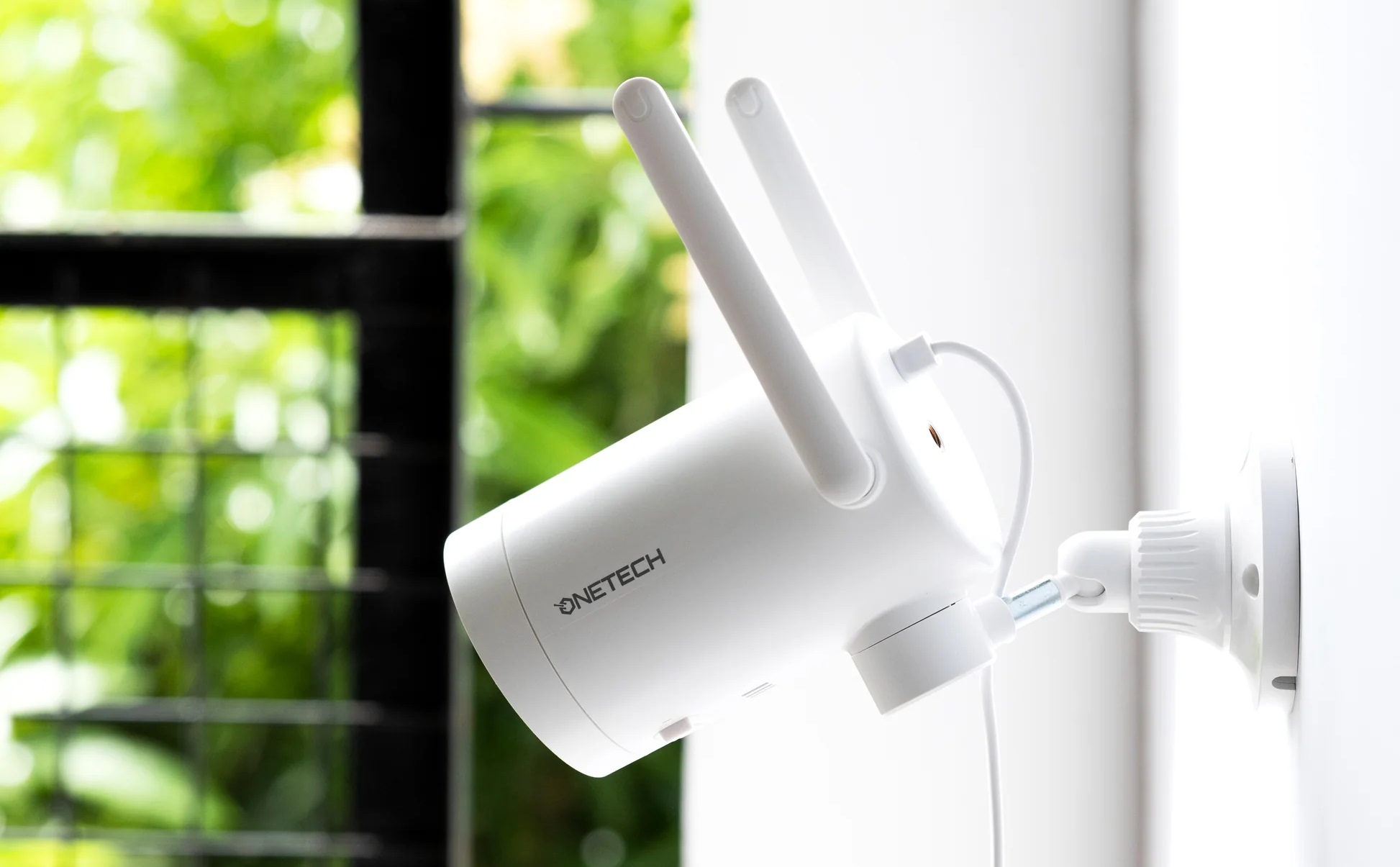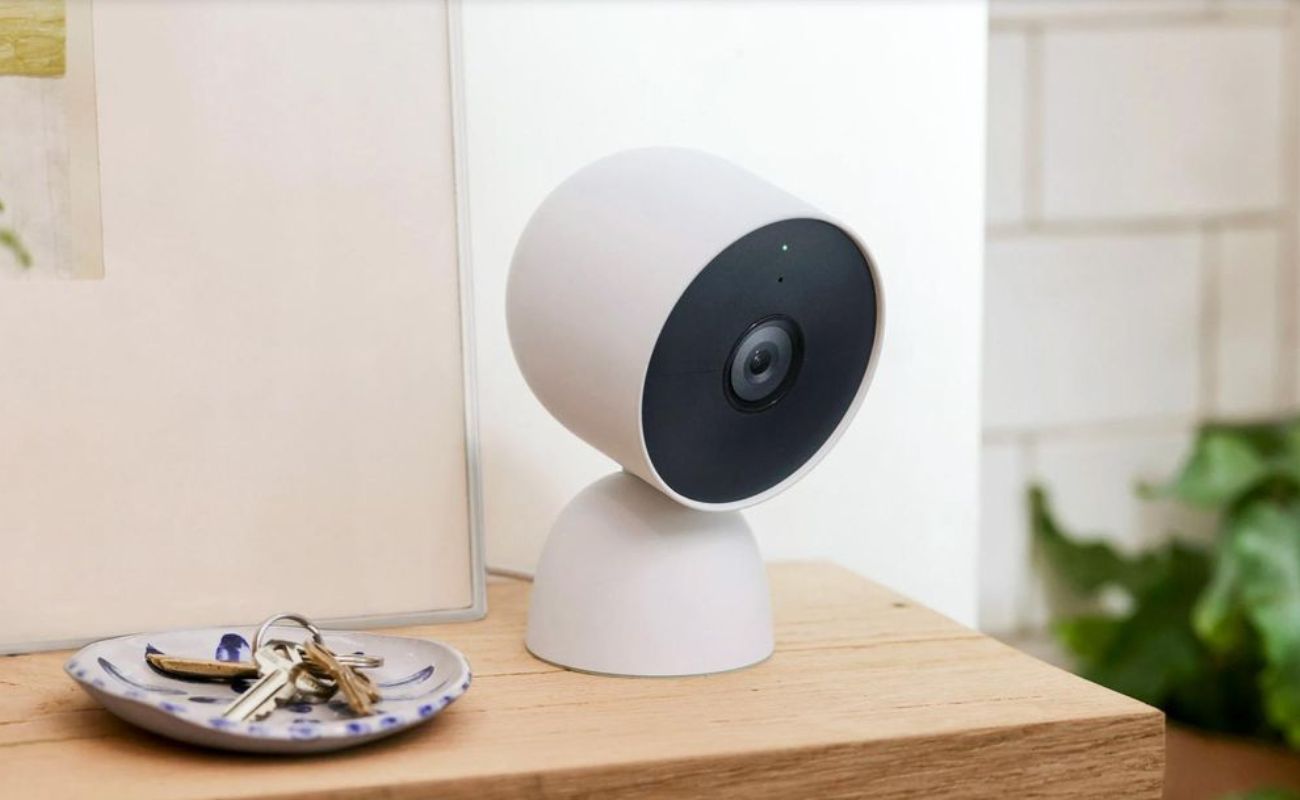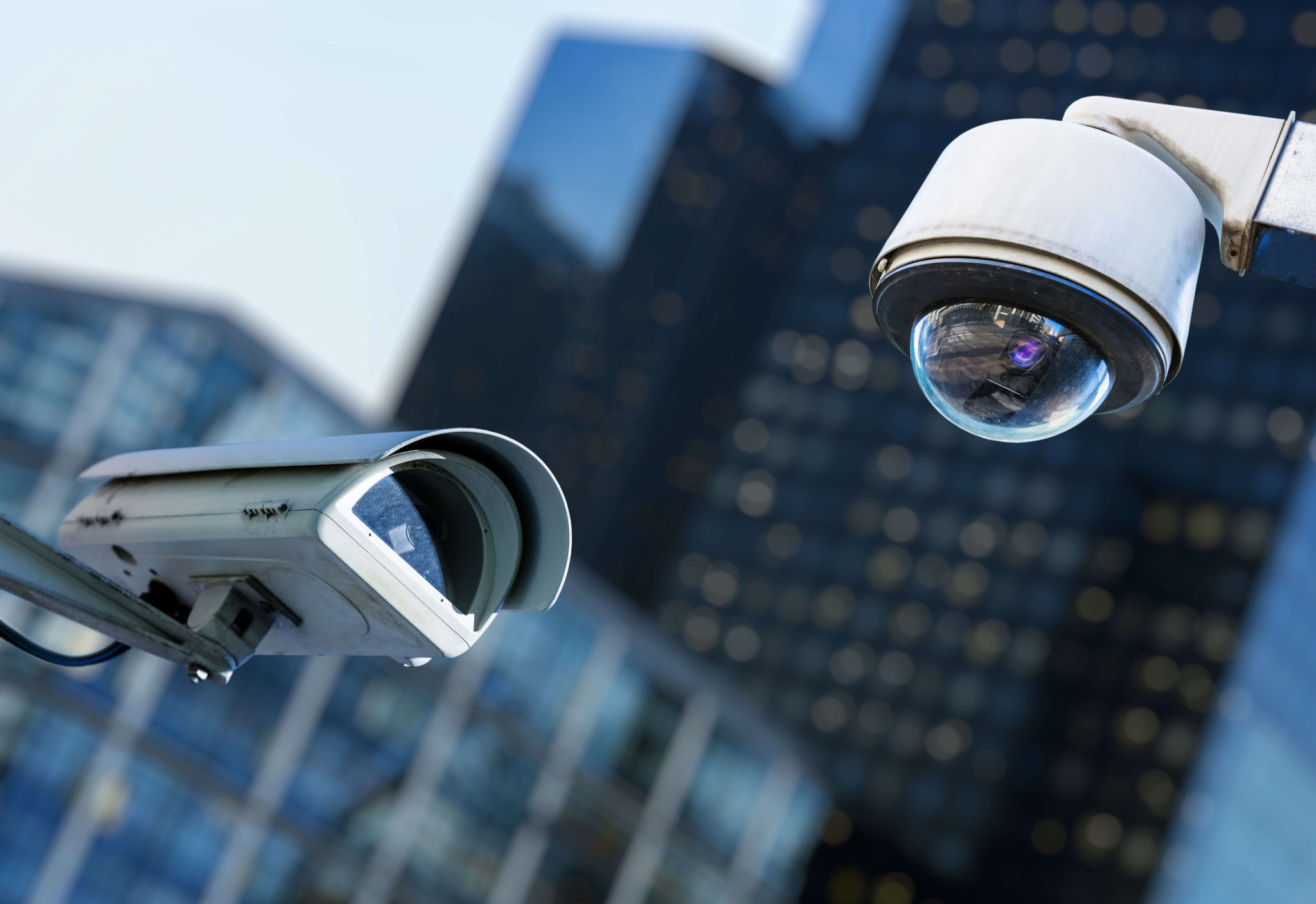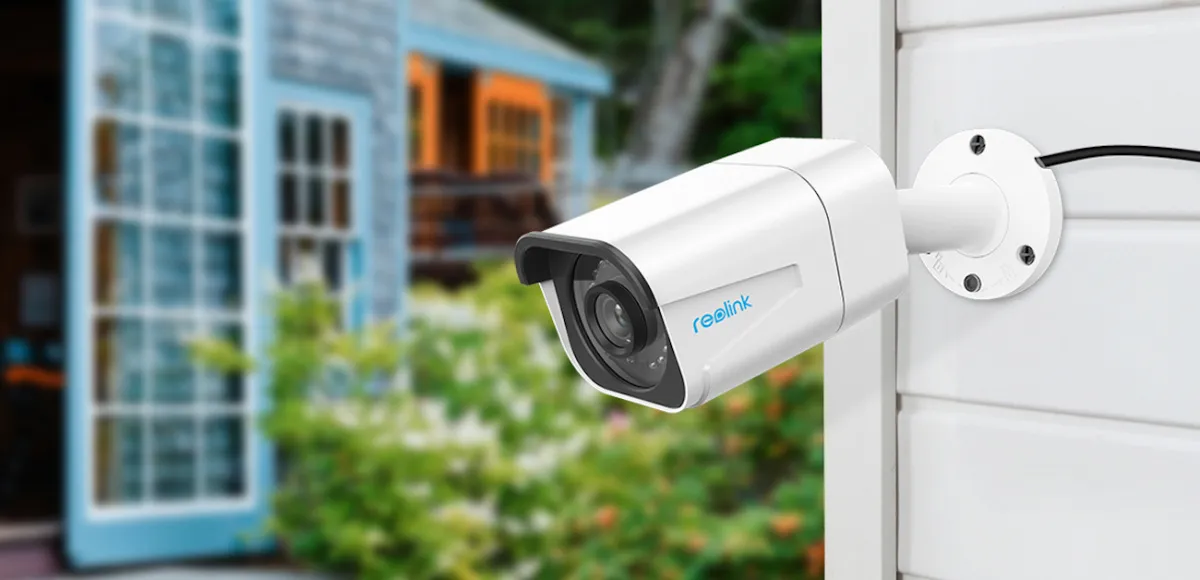Home>Home Security and Surveillance>How Much Is A Security Camera Cost
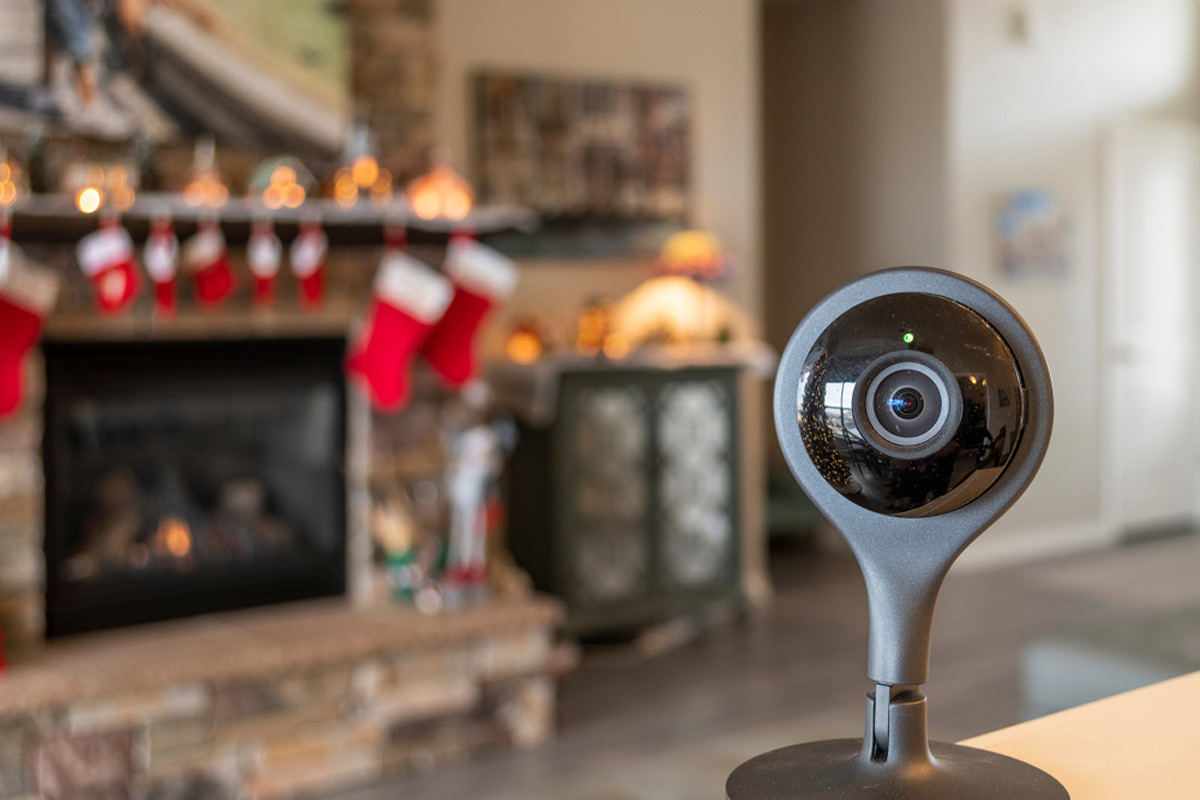

Home Security and Surveillance
How Much Is A Security Camera Cost
Modified: March 6, 2024
Discover the cost of home security and surveillance cameras. Find out how much a security camera costs and choose the perfect solution for your needs.
(Many of the links in this article redirect to a specific reviewed product. Your purchase of these products through affiliate links helps to generate commission for Storables.com, at no extra cost. Learn more)
Introduction
Welcome to the world of home security and surveillance! In today’s ever-evolving digital landscape, ensuring the safety of our homes and loved ones has become a top priority for many homeowners. One of the most effective ways to achieve this peace of mind is by investing in a reliable security camera system.
Security cameras act as vigilant sentinels, constantly monitoring and recording activities in and around our homes. They provide a visual record of any suspicious or criminal activities, allowing us to take appropriate action and assist law enforcement if necessary.
However, before delving into the realm of security cameras, it’s important to understand the various factors that can influence their cost. By having a clear understanding of the financial implications, you’ll be better equipped to make an informed decision that suits your budget and security needs.
This comprehensive guide will break down the different types of security cameras available and delve into the factors that affect their cost. Whether you’re looking for a wired, wireless, or IP camera system, we will explore the pricing aspects of each option. Additionally, we’ll touch upon any additional costs you may encounter when purchasing and installing a security camera system.
Along the way, we’ll also discuss the factors to consider when buying a security camera, to ensure you choose the right system for your specific requirements. So, let’s dive in and demystify the world of security camera costs!
Key Takeaways:
- Security camera costs vary based on factors like camera type, quality, and additional features. Consider your specific needs and budget to choose the right system for your home.
- Factors like purpose, location, resolution, and connectivity are crucial when buying a security camera. Research and evaluate different options to ensure the best fit for your home security needs.
Factors Affecting Security Camera Cost
When it comes to determining the cost of a security camera system, several factors come into play. Understanding these factors is essential in making an informed decision and finding the right balance between cost and functionality. So, let’s explore the main factors that can affect the price of a security camera:
- Camera Quality: The quality of the camera plays a significant role in determining its cost. High-resolution cameras with advanced features such as night vision, wide-angle lenses, and PTZ (pan-tilt-zoom) capabilities tend to be pricier than basic models.
- Number of Cameras: The number of cameras needed to cover your property will directly impact the overall cost. Larger properties or those requiring extensive coverage may require multiple cameras, which can increase the price.
- Camera Type: There are various types of security cameras to choose from, including wired, wireless, and IP cameras. Each has its own cost implications, which we will explore in detail in subsequent sections.
- Storage Requirements: The amount of storage needed to store video footage can also affect the cost. Higher storage capacities or cloud storage options may come with additional fees.
- Installation Complexity: The complexity of the installation process can impact the overall cost. DIY installation may be more affordable, while professional installation services can add to the expense.
- Brand and Reputation: Well-known brands with established reputations in the security industry generally come with a higher price tag. However, they often offer better quality and customer support.
- Additional Features: Certain additional features, such as motion detection, facial recognition, two-way audio, and remote access capabilities, can influence the cost of a security camera system.
- Integration with Other Systems: If you plan to integrate your security camera system with other smart home devices or security systems, it may involve additional costs.
It’s important to evaluate these factors based on your specific needs and budget. By doing so, you can make an informed decision and select a security camera system that aligns with your expectations and provides the necessary level of protection for your home.
Types of Security Cameras
Security cameras come in various types, each with its own set of features, installation requirements, and cost. Understanding the different types will help you choose the right camera system that suits your specific needs. Let’s explore the most common types of security cameras:
- Wired Security Cameras: As the name suggests, wired security cameras require a physical connection to a power source and a central recording device. They typically use cables such as coaxial or Ethernet cables to transmit video and power signals. Wired cameras are known for their reliable performance and uninterrupted power supply. However, their installation can be complex, involving drilling holes for wiring and a centralized monitoring system.
- Wireless Security Cameras: Wireless security cameras operate by transmitting video signals using Wi-Fi or other wireless technologies. These cameras are easier to install as they eliminate the need for extensive wiring. They can be placed anywhere within range of the Wi-Fi signal, providing flexibility in camera placement. However, wireless cameras may require a stable Wi-Fi connection and are susceptible to signal interference or hacking.
- IP Security Cameras: IP (Internet Protocol) cameras are a type of digital security camera that uses your home’s internet network to transmit video feeds. They offer high-resolution video footage and advanced features such as remote access and motion detection. IP cameras are popular due to their scalability and easy integration with other smart home devices. However, they may require a higher initial investment due to their advanced capabilities.
Each type of security camera has its advantages and considerations. Wired cameras offer reliability but require more complex installation. Wireless cameras provide flexibility but rely on a stable Wi-Fi connection. IP cameras offer high resolution and advanced features but come with a higher price tag.
Consider your specific requirements, such as the area to be monitored, the level of convenience desired, and your budget, when choosing the right type of security camera for your home. Additionally, it’s important to thoroughly research and compare different brands and models to find the best fit for your needs.
Cost of Wired Security Cameras
Wired security cameras offer reliable and consistent performance, making them a popular choice for homeowners looking for robust surveillance systems. However, it’s important to consider the cost implications when opting for a wired camera setup. Let’s explore the factors that can affect the cost of wired security cameras:
- Camera Quality: The cost of a wired security camera will largely depend on its quality and features. Basic wired cameras with standard resolution and limited functionality can be more affordable, while high-resolution cameras with advanced features may carry a higher price tag.
- Number of Cameras: The number of wired cameras needed to cover your property will directly impact the overall cost. The more cameras you require, the higher the cost will be.
- Additional Equipment: In addition to the cameras themselves, you may need to purchase other equipment such as cables, connectors, power adapters, and a video recorder or network video recorder (NVR) to store and manage the recorded footage. These additional components can contribute to the cost of a wired security camera system.
- Installation: Installing wired security cameras can be more complex than their wireless counterparts. It may involve running cables through walls, drilling holes, and connecting the cameras to the central recording device. If you decide to hire a professional installer, the cost of installation will need to be factored into the overall expenses.
- Brand and Features: Well-known brands and cameras with advanced features such as night vision, pan-tilt-zoom (PTZ) capabilities, or built-in motion detection may come with a higher price tag. It’s essential to consider your specific requirements and prioritize features that align with your security needs.
On average, a basic wired security camera can cost anywhere from $100 to $300 per unit, while higher-end models with advanced features may range from $300 to $1000 or more. Keep in mind that additional costs such as installation, cables, and other equipment should be factored into the overall budget.
When considering the cost of wired security cameras, it’s important to weigh the benefits of reliability and uninterrupted power supply against the installation complexity and potential higher expenses. Assess your specific security needs, budget, and preferences to determine if a wired camera system is the right choice for you.
Cost of Wireless Security Cameras
Wireless security cameras have gained popularity due to their ease of installation and flexibility in camera placement. They provide homeowners with the convenience of monitoring their property without the need for extensive wiring. However, it’s important to understand the cost considerations associated with wireless security cameras. Let’s explore the factors that can impact the cost of wireless camera systems:
- Camera Quality: The cost of wireless security cameras can vary depending on their quality, resolution, and features. Basic wireless cameras with standard resolution may be more affordable, while high-definition cameras with advanced features like night vision, motion detection, and two-way audio can be pricier.
- Number of Cameras: The number of wireless cameras needed to cover your property will directly affect the overall cost. If you have a larger property or need extensive coverage, you may need to purchase multiple cameras, increasing the cost accordingly.
- Connectivity Options: Wireless cameras rely on a stable Wi-Fi connection to transmit video feeds. If your property lacks a strong and reliable Wi-Fi signal, you may need to invest in additional equipment like Wi-Fi extenders or a mesh network system to ensure proper connectivity. These additional costs should be considered when budgeting for wireless cameras.
- Power Source: While wireless cameras eliminate the need for physical wiring, they still require a power source. Some wireless cameras are battery-powered, requiring regular battery replacements or recharging. Others may require a power outlet nearby, which can affect camera placement and installation convenience.
- Additional Features: Certain advanced features like facial recognition, cloud storage, and remote access capabilities can add to the cost of wireless security cameras. These features provide added convenience and functionality, but they may come with additional subscription fees or higher upfront costs.
The cost of a basic wireless security camera typically ranges from $50 to $200 per unit, while more advanced models with higher resolutions and additional features can cost anywhere from $200 to $500 or more. Remember to also account for any additional expenses, such as Wi-Fi extenders or batteries, if necessary.
Wireless security cameras offer the advantage of easier installation and flexibility in camera placement. However, they may require a strong and reliable Wi-Fi signal and periodic battery replacement or recharging. Consider these factors when evaluating the cost and benefits of wireless camera systems for your home security needs.
When considering the cost of a security camera, it’s important to factor in not only the initial purchase price, but also any additional costs such as installation, maintenance, and storage for video footage. Researching different brands and models can help you find the best value for your needs.
Read more: How Much To Install A Security Camera
Cost of IP Security Cameras
IP (Internet Protocol) security cameras are digital cameras that offer advanced features and high-resolution video recording. They utilize your home’s internet network to transmit video feeds, providing remote access and easy integration with other smart home devices. However, it’s important to consider the cost implications when opting for an IP camera system. Let’s explore the factors that can affect the cost of IP security cameras:
- Camera Quality: The cost of IP security cameras can vary based on their resolution, image quality, and additional features. Higher-resolution cameras with advanced features like night vision, wide-angle lenses, and PTZ (pan-tilt-zoom) capabilities may be more expensive compared to basic models.
- Number of Cameras: The number of IP cameras required to cover your property will impact the overall cost. If you have a larger property or need extensive coverage, you may need to purchase multiple cameras, elevating the total expense.
- Network Video Recorder (NVR): IP cameras typically require a network video recorder (NVR) to store and manage the recorded footage. The cost of an NVR can vary based on its storage capacity and capabilities. Some IP cameras may come bundled with an NVR, while others may require a separate purchase.
- Additional Equipment: Depending on your setup, you may need additional equipment such as PoE (Power over Ethernet) switches or injectors to power the IP cameras and connect them to the network. These components can add to the overall cost of the IP camera system.
- Brand and Reputation: Well-known brands with a reputation for quality and reliability may come with a higher price tag. While these brands often deliver superior performance and customer support, they may be more expensive compared to lesser-known or generic options.
- Subscription or Cloud Storage: Some IP camera systems offer cloud storage options for storing recorded footage. These additional features may come with subscription fees that need to be factored into the overall cost of the IP camera system.
The cost of IP security cameras can range from $100 to $500 or more per camera, depending on the brand, quality, and features. Network video recorders may cost anywhere from $200 to $1000 or more, depending on the storage capacity and capabilities.
Consider your specific requirements and budget when evaluating the cost of IP security cameras. IP cameras offer high-resolution video recording, advanced features, and easy integration with other smart home devices, but they may require a higher initial investment. Carefully weigh the benefits and costs to find the right IP camera system that suits your needs and budget.
Additional Costs
When purchasing a security camera system, it’s important to consider potential additional costs beyond the cameras themselves. These costs can vary depending on your specific needs and preferences. Let’s explore some common additional costs to keep in mind:
- Storage: Depending on the type of security camera system you choose, you may need to consider the cost of additional storage. This can include purchasing external hard drives, Network Video Recorders (NVRs), or subscribing to cloud storage services. It’s essential to have enough storage capacity to save and manage the recorded footage effectively.
- Monitoring Services: If you prefer professional monitoring services for your security camera system, there may be subscription fees or monthly charges associated with these services. Professional monitoring can include 24/7 surveillance, alarm monitoring, and emergency response services.
- Power Source: While many security cameras are powered through traditional electrical outlets, certain outdoor cameras may require additional equipment such as outdoor power outlets or solar panels, which can add to the overall cost.
- Installation: If you don’t have the expertise or time to install the security camera system yourself, you may need to hire a professional installer. Professional installation services can incur additional costs, which will depend on the complexity of the installation and the number of cameras involved.
- Mobile App or Software: To access and control your security camera system remotely, you may need to download a mobile app or use specific software. Some manufacturers provide these apps or software for free, while others may charge for their advanced features or functionality.
- Maintenance and Upgrades: Over time, your security camera system may require maintenance or upgrades. This can include replacing faulty cameras, upgrading storage capacity, or updating software. It’s important to budget for these potential expenses to ensure the long-term functionality and effectiveness of your security system.
Keep in mind that these additional costs can vary depending on the specific brand, model, and features of your security camera system. It’s important to thoroughly research and consider these potential expenses when planning your budget for home security.
By accounting for these additional costs, you can ensure that you have a comprehensive understanding of the financial commitment involved in setting up and maintaining a reliable and effective security camera system for your home.
Factors to Consider When Buying a Security Camera
When purchasing a security camera, it’s essential to consider various factors to ensure you choose the right system for your specific needs. By evaluating these factors, you can make an informed decision and invest in a security camera that provides the desired level of protection. Let’s explore some important factors to consider:
- Purpose: Determine the primary purpose of your security camera system. Are you looking to deter potential intruders, monitor activity around your property, or capture evidence in case of incidents? Clarifying your purpose will help you select the appropriate camera type and features.
- Location: Assess the areas you want to monitor and consider factors such as indoor or outdoor placement, coverage range, and potential obstacles. Outdoor cameras should be weatherproof and equipped with night vision capabilities, while indoor cameras may focus more on video quality and connectivity.
- Resolution: The resolution of the camera impacts the clarity and quality of the recorded footage. Higher resolution cameras provide more detailed images but may come at a higher cost. Consider your monitoring requirements and budget when choosing the appropriate resolution.
- Field of View: The field of view (FOV) determines the area captured by the camera. A wide-angle lens can provide a larger coverage area, reducing the number of cameras needed. Consider the FOV required to cover the desired areas effectively.
- Storage: Assess your storage needs for capturing and storing recorded footage. Determine if you prefer local storage options such as NVRs or external hard drives or if you prefer cloud storage services. Consider the capacity, accessibility, and associated costs of the storage options.
- Connectivity: Evaluate the connectivity options that best suit your setup. Wired cameras provide a reliable connection but may require professional installation. Wireless or IP cameras offer flexibility but depend on a stable Wi-Fi signal. Consider the pros and cons of each option based on your location and requirements.
- Features: Consider additional features such as night vision, motion detection, two-way audio, pan-tilt-zoom capabilities, and remote access. These features enhance the functionality and effectiveness of your security camera system but may come at an additional cost.
- Budget: Determine your budget for the security camera system, including the cameras, installation, and any additional costs. Balance your budget with your desired features and functionalities to find the right system that meets your requirements.
By carefully evaluating these factors, you can narrow down your options and select a security camera system that aligns with your specific needs, budget, and desired level of protection. Don’t forget to research different brands and read reviews to ensure you choose a reliable and reputable security camera manufacturer.
Investing in a high-quality security camera system will provide peace of mind and enhance the security of your home or property. Take the time to consider these factors and make an informed decision that meets your unique security needs.
Conclusion
Choosing the right security camera system is crucial for enhancing the safety and protection of your home or property. By considering various factors such as camera type, quality, cost, and additional features, you can make an informed decision that meets your specific needs and budget.
Wired security cameras offer reliable performance but involve more complex installation and potential additional costs. Wireless security cameras provide flexibility and ease of installation but rely on a stable Wi-Fi connection. IP security cameras offer advanced features and easy integration with other smart home devices but may require a higher initial investment.
When exploring the costs associated with security camera systems, it’s important to consider factors such as camera quality, the number of cameras needed, installation complexity, and additional equipment requirements. Storage, monitoring services, power sources, and maintenance/upgrades are also crucial aspects to evaluate.
While budget is an important consideration, remember to prioritize the features and functionalities that align with your specific security requirements. By carefully evaluating factors such as purpose, location, resolution, storage, connectivity, and features, you can find a security camera system that best suits your needs.
Take the time to research different brands, read reviews, and consult with security professionals to ensure you select a system from a reliable and reputable manufacturer. A high-quality security camera system will provide peace of mind, enhance your home’s security, and act as a vigilant sentinel protecting your loved ones and valuables.
Remember that investing in a security camera system is an investment in your safety. By making a well-informed decision, you can have the confidence and peace of mind knowing that you have taken proactive steps to protect what matters most.
Frequently Asked Questions about How Much Is A Security Camera Cost
Was this page helpful?
At Storables.com, we guarantee accurate and reliable information. Our content, validated by Expert Board Contributors, is crafted following stringent Editorial Policies. We're committed to providing you with well-researched, expert-backed insights for all your informational needs.
